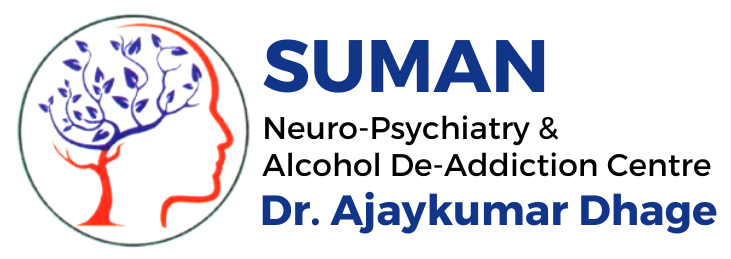Bipolar Affective Disorder

What is Bipolar Affective Disorder?
Bipolar disorder, formerly called manic depression, is a mental health condition that causes extreme mood swings that include emotional highs (mania or hypomania) and lows (depression).
When you become depressed, you may feel sad or hopeless and lose interest or pleasure in most activities. When your mood shifts to mania or hypomania (less extreme than mania), you may feel euphoric, full of energy or unusually irritable. These mood swings can affect sleep, energy, activity, judgment, behavior and the ability to think clearly.
Episodes of mood swings may occur rarely or multiple times a year. While most people will experience some emotional symptoms between episodes, some may not experience any.
Although bipolar disorder is a lifelong condition, you can manage your mood swings and other symptoms by following a treatment plan. In most cases, bipolar disorder is treated with medications and psychological counseling (psychotherapy).
Symptoms:
There are several types of bipolar and related disorders. They may include mania or hypomania and depression. Symptoms can cause unpredictable changes in mood and behavior, resulting in significant distress and difficulty in life.
- Bipolar I disorder. You’ve had at least one manic episode that may be preceded or followed by hypomanic or major depressive episodes. In some cases, mania may trigger a break from reality (psychosis).
- Bipolar II disorder. You’ve had at least one major depressive episode and at least one hypomanic episode, but you’ve never had a manic episode.
- Cyclothymic disorder. You’ve had at least two years — or one year in children and teenagers — of many periods of hypomania symptoms and periods of depressive symptoms (though less severe than major depression).
- Other types. These include, for example, bipolar and related disorders induced by certain drugs or alcohol or due to a medical condition, such as Cushing’s disease, multiple sclerosis or stroke.
When to see a doctor?
Despite the mood extremes, people with bipolar disorder often don’t recognize how much their emotional instability disrupts their lives and the lives of their loved ones and don’t get the treatment they need.
And if you’re like some people with bipolar disorder, you may enjoy the feelings of euphoria and cycles of being more productive. However, this euphoria is always followed by an emotional crash that can leave you depressed, worn out — and perhaps in financial, legal or relationship trouble.
If you have any symptoms of depression or mania, see your doctor or mental health professional. Bipolar disorder doesn’t get better on its own. Getting treatment from a mental health professional with experience in bipolar disorder can help you get your symptoms under control.
Causes:
The exact cause of bipolar disorder is unknown, but several factors may be involved, such as:
- Biological differences. People with bipolar disorder appear to have physical changes in their brains. The significance of these changes is still uncertain but may eventually help pinpoint causes.
- Genetics. Bipolar disorder is more common in people who have a first-degree relative, such as a sibling or parent, with the condition. Researchers are trying to find genes that may be involved in causing bipolar disorder.
If you have any emergency Doctor’s need, simply call our 24 hour emergency
Your personal case manager will ensure that you receive the best possible care.
Call Now (toll free)
Popular Services
Contact Us
- Behind Canara Bank, Near Old RTO Cross, Sedam Road, Kalaburagi
- [email protected]
- 08472-265086 / 796043

Copyright © 2022 Suman Hospital. All rights reserved
Developed By: Viral Boostup | +91 9110278059

